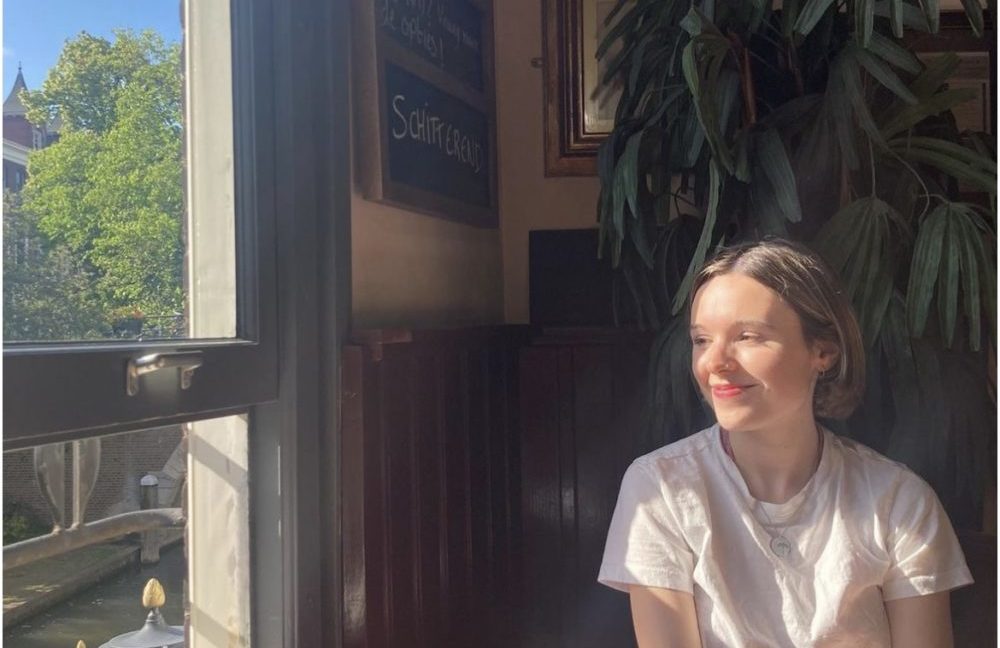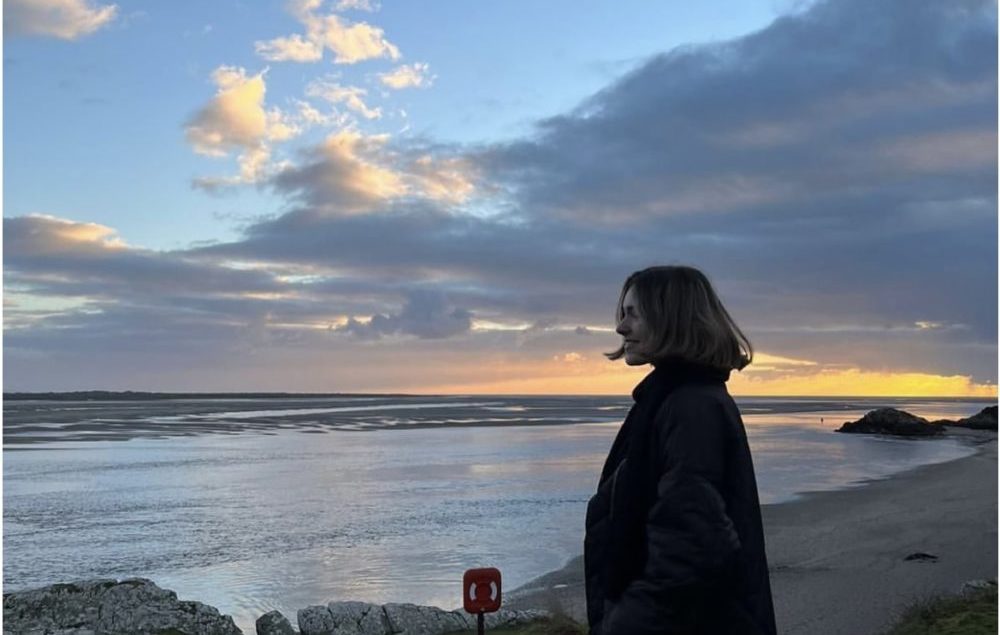Welsh singer brings ancient poetry form into the mainstream

Stephen Price
Talented Welsh artist, Llio Heledd, has released her debut solo single, Afon which uses an ancient form of Welsh poetry which she learned from her father.
Llio is originally from Swansea, with Welsh as her first language.
After her studies at both Aberystwyth and Utrecht universities, she made the move to Cardiff and began song writing and writing poetry in her spare time, making use of the Welsh form of Cynghanedd in her original works.
Cynghanedd
In Welsh-language poetry, cynghanedd (which literally translates as “harmony”) is the basic concept of sound-arrangement within one line, using stress, alliteration and rhyme.
The various forms of cynghanedd show up in the definitions of all formal Welsh verse forms, such as the awdl and cerdd dafod.
Though of ancient origin, cynghanedd and variations of it are still used today by many Welsh-language poets, such as Llio.
A number of poets have experimented with using cynghanedd in English-language verse, for instance Gerard Manley Hopkins. Some of Dylan Thomas’s work is also influenced by cynghanedd
Lucky
Llio was previously in a small Welsh folk band, called Beca Band and since university has rediscovered her love for folk guitar-playing and song-writing through the Welsh language.

Cynghanedd is a difficult form to master – how did you become interested in it?
“I was very fortunate that my grandfather composed poetry through the form of Welsh cynghanedd, and the musical quality of the form appealed to me.
“This was passed on to my Father who passed the enjoyment of Cynghanedd on to me.
“I am definitely still learning and feel lucky that I am able to learn from my Dad and my grandfather about a type of poetry that is very special to Cymru.”
The song is really special – I loved it from first listen – have you heard it played out in the wild yet?
“It’s been really nice to hear my songs played on local radio stations and I hope that people will hear my music and enjoy.”
What does it mean to you to be singing in your native language?
“I would say that it was never a conscious decision that I made as it was natural for me to sing in my mother tongue, and in the language that I feel that best able to express myself.
“For me it’s important to be understood by other Welsh speakers while celebrating the Welsh langauge music scene and culture.
“I was raised in a Welsh speaking household and my first language is Cymraeg.”
Have you performed this anywhere at all yet?
“I used to play in a band called Beca and we played many gigs, from festivals to singing in pubs.
What’s important to me is that my music makes people feel something and playing live is a big part of that. I am looking forward and hoping to perform the new song soon!”
Who else performs with you on the track?
“I am a solo singer/song-writer and play guitar to accompany this, and this is also the case for the track.”
Any plans for a video?
“I was very grateful that an artist from Swansea “Arwel Micah” designed and made the art for the single cover, and I think it’s wonderful and captures the main essence of the song well.
I would love to create a music video for this song and have already been editing some videos that I think would go well with it!”
It’s early days for Llio, but with her gentle and soothing voice and her natural talent, you can expect to hear a lot more from her in the future.
Follow Llio on Instagram.
Listen to Afon on YouTube, Spotify and Apple Music. And be very prepared to hit repeat.
Support our Nation today
For the price of a cup of coffee a month you can help us create an independent, not-for-profit, national news service for the people of Wales, by the people of Wales.




